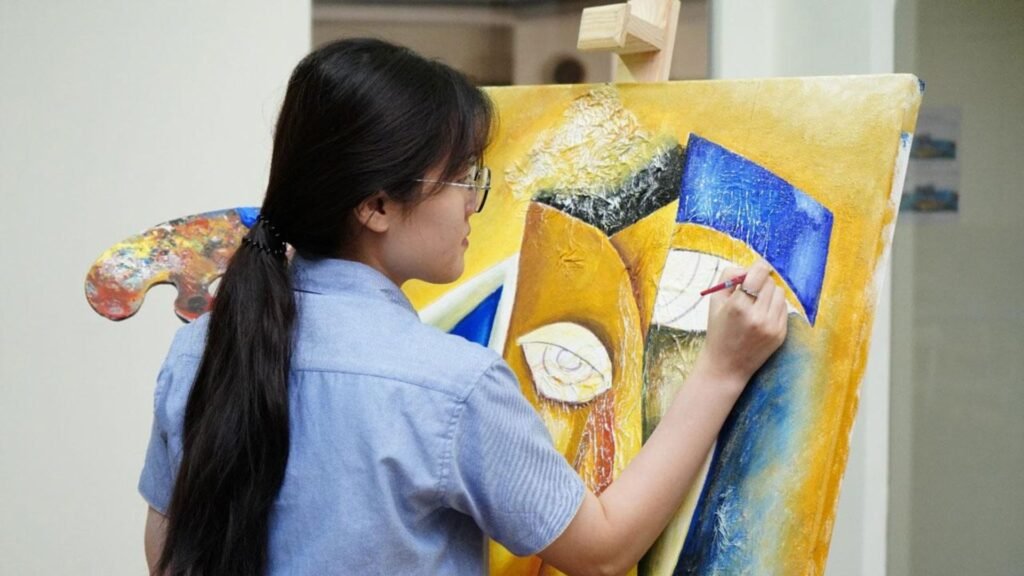Arts education is a critical component of a well-rounded education, providing students with more than just artistic skills. It plays a significant role in developing creativity, critical thinking, emotional intelligence, and cultural awareness. By integrating arts into the curriculum, educators can foster a more holistic approach to student development that complements academic learning. This article explores the multifaceted benefits of arts education and its importance in nurturing well-rounded students.

Enhancing Creativity and Innovation
Fostering Creative Thinking
Arts education encourages students to think outside the box and explore their imagination. Whether through visual arts, music, dance, or drama, students learn to express their ideas in innovative ways. This creative thinking is valuable not only in artistic pursuits but also in problem-solving and other academic subjects.
Stimulating Innovation
The creative skills developed through arts education are transferable to various fields, including science, technology, and business. Students who engage in artistic activities often exhibit enhanced problem-solving abilities and are better equipped to approach challenges with an innovative mindset.
Encouraging Original Expression
Arts education provides a platform for students to develop and showcase their unique perspectives. Through various forms of art, students can communicate their thoughts and emotions, fostering a sense of personal identity and confidence in their creative abilities.
Supporting Cognitive Development
Improving Academic Performance
Research has shown that students who participate in arts education often perform better academically. The skills developed through the arts, such as attention to detail, pattern recognition, and spatial reasoning, are closely linked to improved performance in subjects like mathematics and science.
Enhancing Critical Thinking Skills
Engaging in the arts helps students develop critical thinking skills by encouraging them to analyze and interpret complex concepts. Whether evaluating a piece of music, deciphering a painting, or performing a dramatic role, students learn to think deeply and articulate their insights.
Strengthening Memory and Concentration
Learning and performing art forms can enhance memory and concentration. The process of memorizing lines, notes, or choreography, and maintaining focus during performances, helps improve students’ ability to concentrate and retain information across various subjects.
Promoting Emotional and Social Growth
Developing Emotional Intelligence
Arts education helps students understand and manage their emotions. By expressing themselves through art, students can explore and process their feelings in a constructive way. This emotional expression fosters greater self-awareness and empathy, essential components of emotional intelligence.
Building Social Skills
Participation in group art projects, performances, or collaborations promotes teamwork and communication skills. Students learn to work together, respect diverse viewpoints, and contribute to a shared goal, enhancing their ability to interact effectively with others.
Boosting Confidence and Self-Esteem
Success in artistic endeavors can significantly boost students’ confidence and self-esteem. Achievements in art provide students with a sense of accomplishment and recognition, encouraging them to take risks and pursue their passions with greater assurance.
Conclusion
Arts education plays a vital role in developing well-rounded students by enhancing creativity, supporting cognitive development, promoting emotional and social growth, and fostering cultural awareness. Integrating the arts into the curriculum not only enriches students’ academic experiences but also prepares them for a balanced and fulfilling life. By recognizing the importance of arts education and its contributions to personal and academic growth, educators and parents can support the development of students who are not only skilled and knowledgeable but also empathetic, creative, and culturally aware.

